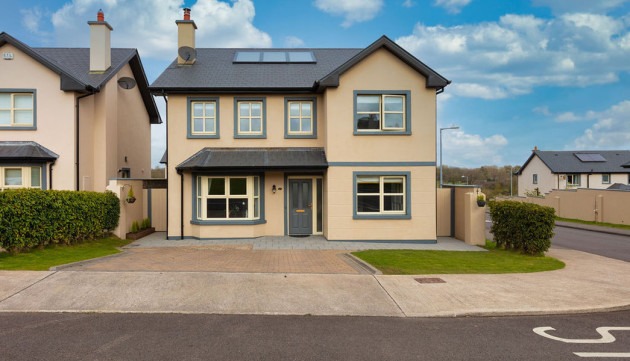Driving the ESG Agenda in 2021

Before the world and, indeed, world interest became consumed by Covid-19, climate change was predicted to be the primary focus for ESG investors in 2020. Instead, 2020 was a year for hunkering down and domestic market navel-gazing. With news of multiple vaccines on the immediate horizon, and with several sectors of the property market performing surprisingly strongly, environmental, social and governance investing is back on the agenda.
Over the past decade, institutional investors have been moving capital towards less carbon-intensive assets. On a small scale, climate awareness and technology was driving product and design innovation on individual homes and within smaller schemes. Yet, mainstream developers and main contractors were slow to take positive action, until 2020 forced a change.
When it comes to sustainability, many within the industry criticise the shifting of goalposts on an almost-continual basis. This criticism is understandable, but no longer acceptable as a reason not to seek out better, safer and more sustainable products and processes. According to the Brundtland Report – published more that three decades ago – sustainable development, at its simplest, is the ability to provide for our needs, without compromising the ability of future generations’ to provide for their needs. Property development and construction, or more accurately, buildings are responsible for 40 percent of all energy consumption globally. For that and many other compelling reasons, sustainability impacts every part of the property industry and needs to feature in development conversations and investment decisions from this point on. In practice, legislation and policy are changing at a national, European and global level. As mentioned here earlier this year, soon planning applications made in Ireland will have to be accompanied by a carbon footprint report dealing with consumption over the entire lifecycle of the buildings.
A decade ago, cost savings was used as the ‘carrot’, however, at this stage we know that the planet is heating at a rate which is incompatible with life as we know it – it would be naive to expect anything but the ‘stick’. Of course, there will be benefits aside from statutory compliance and helping to save the planet – improving the energy efficiency of buildings will ensure greater levels of comfort, health and well-being for owners and occupiers. The changes that are necessary will not be discretionary so everyone operating or investing in the industry needs to upskill, and quickly. Earlier this year the Society of Chartered Surveyors of Ireland established a new cross-sectoral working group, focused on ‘Sustainability in the Built Environment’ to educate the industry and the wider population on sustainability issues.
Whereas previously, ‘green’ buildings may have attracted a higher valuation and commanded a higher rent, going forward, achieving standards such as BREEAM/LEED or WELL will be expected (similar to nZEB today), and any buildings falling short will lose value. As an island industry, we cannot allow this to be entirely client-led, with a wide gap between the core market offering and best practice. Policy needs to lead, prompted by the industry.
Ian Lawlor
086 3625482
Managing Director
Lotus Investment Group
